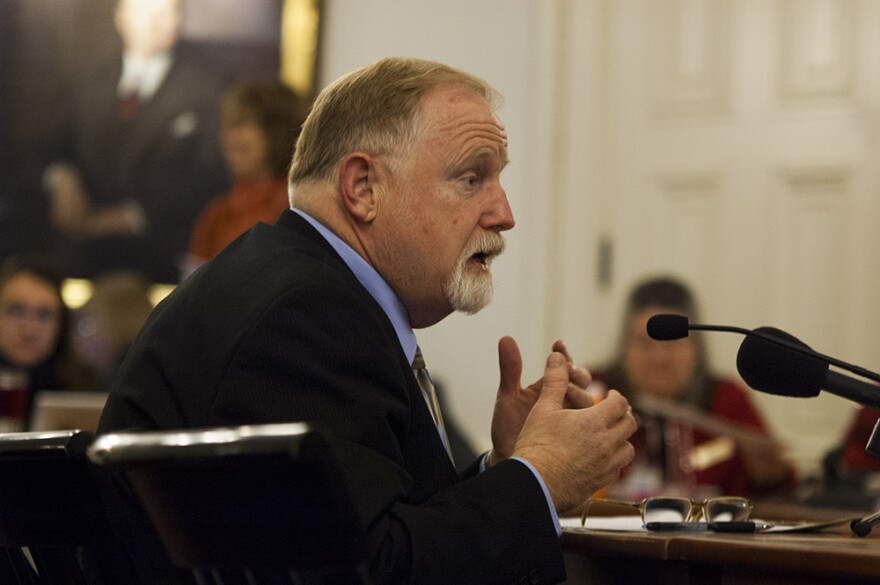The Department for Children and Families is making some changes after an investigation found problems with the department’s handling of the case of two-year-old Dezirae Sheldon, who was allegedly killed by her stepfather earlier this year.
A report by Vermont State Police Detective Lt. James Cruise found “a systemic failure of information sharing and accountability” in Sheldon’s case, although Cruise’s report says he found no evidence of criminal neglect on the part of a public official.
The report clearly pointed to a number of issues in the way Sheldon’s case was handled, and DCF’s changes are at least partially aimed at addressing those shortfalls.
“There’s no such thing as a perfect system,” said Human Services Secretary Doug Racine. “Vermont has had a pretty good system, and I still think it’s a good system, but it can be better.”
Some of those improvements come in the form of staffing – along with six contracted substance abuse specialists, the state is hiring 27 new staff positions to expand the department’s capacity.
But process is another issue, and a major problem in the Sheldon case, according to the state police report.
Racine says the state is working on that issue as well.
"I still think it's a good system, but it can be better." - Doug Racine, Secretary of Human Services
“We hope to take our system and make it even better to try to prevent some of the errors that were made certainly in the Dezirae Sheldon case,” he said. “There were issues of communication, there were issues of staffing in Rutland – staffing shortages, there were a variety of things that did go wrong and we’re working to correct all of them.”
Casey Family Programs is part of the state’s solution. The non-profit organization is coming to Vermont at no cost to the state to help DCF improve its processes, and the National Resource Center on Substance Abuse and Child Welfare will also assist.
The changes come at a net cost to the state of $1.5 million, and Racine says the state hopes to leverage federal money to improve programs as well.
One of the major reasons for that price tag is the increased staffing, but commissioner Dave Yacavone said the additions still won't bring the state down to the 1:12 staff-to-case ratio it strives for.
"We will be at a 1-16 ratio," he said. "That's improvement. A couple of years ago, we were at 1-to-20. We'd like to get it down ... but to get the ratio to 1-to-12 would require roughly an additional 35 staff to do that."





